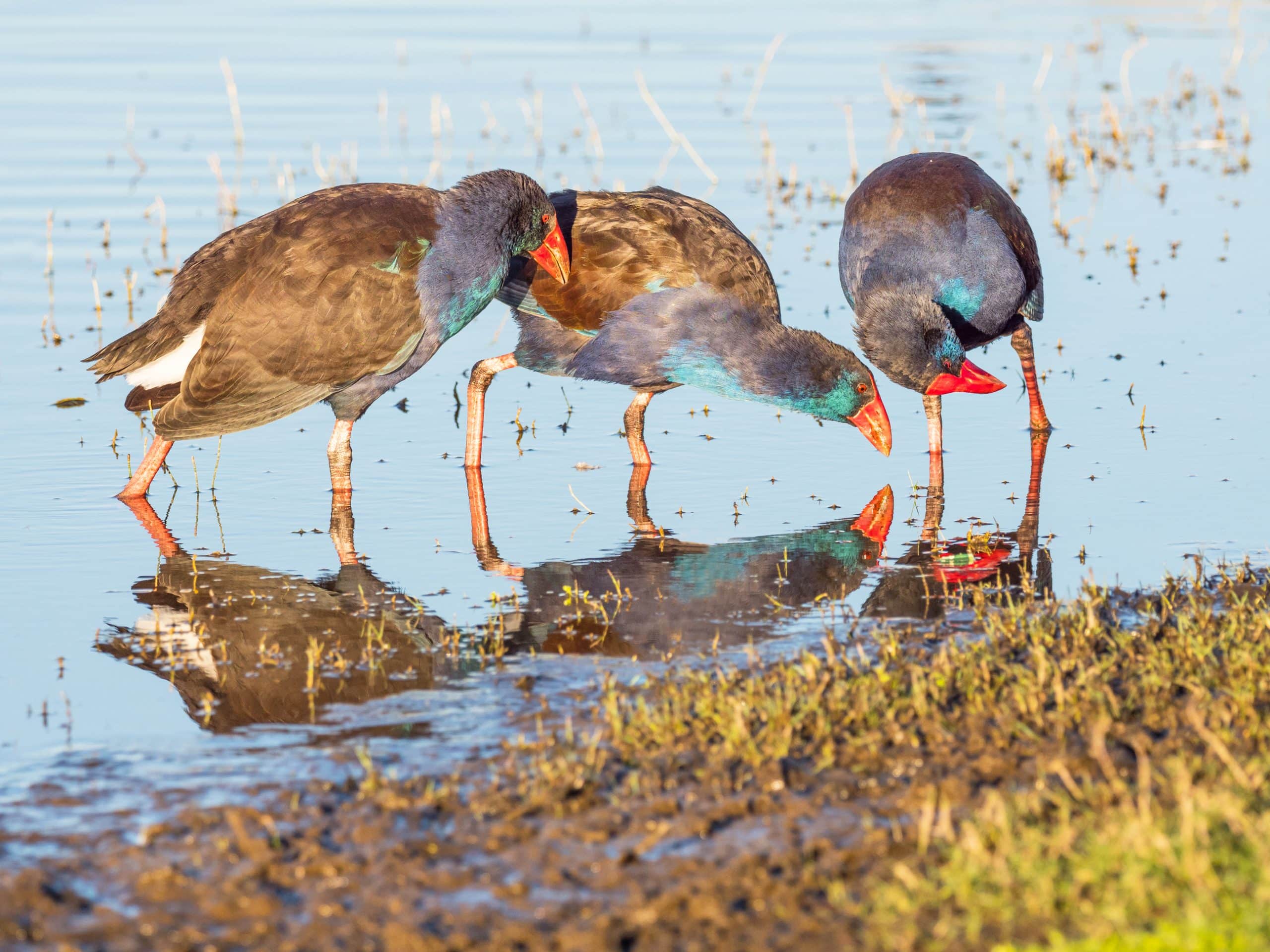How do you deal with wildlife encounters while camping in British forests?

When you decide to go camping in the British forests, you immerse yourself in the majestic beauty of the wild. The serenity of the woods, the gurgling brooks, and the chirping birds all create an ambiance that is hard to resist. However, camping also means sharing space with the indigenous wildlife. Rest assured, wildlife encounters are not uncommon, and while most are harmless, some could pose a threat if not handled appropriately. This article will guide you on how to deal with wildlife encounters, particularly with bears, and how to keep safe in their natural habitat.
Understanding the Wildlife
Before setting out for camping, it's crucial to know about the animals that inhabit the areas you'll be visiting. British forests are home to an array of wildlife: from small creatures like squirrels and rabbits to larger animals such as deer, moose, and occasionally, bears.
Cela peut vous intéresser : How do you prepare for unexpected weather changes while camping in the UK?
Understanding the behaviour, habits, and temperament of these creatures will help keep you safe. For example, bears are generally not aggressive towards humans unless they feel threatened or in search of food. Therefore, keeping your food properly stored and maintaining a safe distance can significantly decrease your chances of an undesirable encounter.
Camping in Bear Country
British forests are known to occasionally harbour brown bears. While bear encounters are rare, they are not unheard of. Knowing how to react in the face of a bear encounter is quintessential for your safety.
En parallèle : What are the options for vegan or vegetarian campers at UK campsites?
If you happen to cross paths with a bear, avoid direct eye contact as bears may perceive this as a threat. Steer clear of getting between a mother bear and her cubs; mother bears are notoriously protective and can become aggressive. If a bear approaches, make yourself appear larger by standing on your toes and spreading your arms. Speak in a firm, low voice to let the bear know you're human and not prey. If the bear continues to approach, use bear spray as a deterrent. Remember, running can prompt the bear to chase you, so retreat slowly without turning your back.
Establishing a Safe Campsite
When camping in the wild, the location of your campsite plays a significant role in deterring wildlife encounters. Avoid areas near trails frequently used by wildlife, or spots near water sources as animals often visit these places.
Keeping your campsite clean is crucial. Leftover food and waste can attract animals. Store your food and trash in bear-proof containers or hang them at least 10 feet high and 4 feet away from the trunk of a tree. Cook and eat at least 100 yards away from your sleeping area to keep food odors away from your tent.
Respecting the Wildlife
While camping, remember that you are a guest in the animal's habitat. Respecting the wildlife means minimizing your impact on their home. Do not feed the animals. Not only can human food be harmful to them, but it also makes them more likely to approach other campers, increasing the risk of conflicts.
Use binoculars or a telephoto lens to observe animals from a distance. Getting too close can distress them and possibly provoke an attack. Also, keep your pets on a leash. Dogs can provoke wildlife and lead them back to your campsite.
Knowing the Laws and Regulations
National parks and protected areas in Britain have specific rules about interacting with wildlife. Depending on the park, certain areas may be off-limits during specific times of the year to protect nesting or hibernating animals.
It's also illegal to harass or harm wildlife in national parks. Harassment includes any action that changes an animal's natural behavior, such as approaching too closely, causing it to flee or feeding it. Be sure to familiarize yourself with the local laws and regulations before setting out for your camping adventure.
To sum up, remember that wildlife encounters can be an exciting part of the camping experience. However, knowledge and respect for these creatures and their habitats are paramount. They allow us to coexist peacefully with the wild inhabitants of British forests.
Properly Using Bear Spray
Equipping yourself with bear spray can be a lifesaver if you encounter a bear while camping. This aerosol pepper spray is specifically designed to deter aggressive or charging bears. It's not a bear killer rather it’s a non-lethal deterrent which gives you time to escape from the situation.
The bear spray creates a cloud between you and the bear, causing temporary blindness, difficulty in breathing, and extreme discomfort to the bear, giving you time to move away. It’s most effective when used within a range of 12 to 40 feet. Always choose a bear spray that is registered with the Environmental Protection Agency (EPA), as they have been proven effective and have a minimum range of 16 feet.
Before heading out into the wild, make sure you know how to use the bear spray. Practice removing it from its holster and unlocking the safety latch. Remember, the spray should be your last line of defense. It’s not a substitute for following proper bear safety tips such as making noise while hiking, keeping your campsite clean, and travelling in groups.
What to do during Bear Attacks
In North America, including British Columbia, black bears are common. Although bear attacks are rare, they do occur and knowing how to react can make the difference between life and death. If a bear charges at you even after you've used your bear spray, playing dead is your best bet. Lie flat on your stomach with your hands clasped behind your neck. Spread your legs to make it harder for the bear to flip you over. Stay still and quiet until the bear leaves the area.
In cases of black bear attacks, fight back using any available tools such as rocks, sticks, or even your bare hands. Aim for the bear's eyes and nose. This advice also applies to encounters with mountain lions, which are known to inhabit some parts of British forests.
Conclusion: Enjoying Wild Camping Safely
Exploring the British forests can be an exhilarating experience. The sheer thrill of wild camping, set amidst nature, is unmatched. But as camping enthusiasts, it is our responsibility not just to enjoy, but also to respect the home of the wildlife.
Always remember the 'leave no trace' principle. Pack out all trash, leftover food, and litter. Do not damage the environment by cutting trees for firewood or carving initials into the bark. This not only preserves the habitat for the animals but also makes the camping experience better for those who will come after you.
Wildlife safety, especially concerning wild animals like black bears, should be a top priority. Equip yourself with the right knowledge and tools like bear spray and bear canisters for food storage. Keep the magic of the British forests alive for future generations to marvel at, by knowing and respecting the laws and regulations set by the national park authority.
Remember, fear is not the key to coexistence, understanding, and respect are. As we venture into the wilderness, let us remember that we are stepping into their world and it's up to us to ensure that we can peacefully coexist with the wild inhabitants of the forests.
